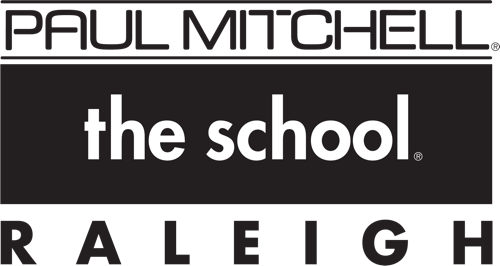COSMETOLOGY INSTRUCTOR COURSE DESCRIPTION
SOC 25-1194.00, CIP Code 12.0413:
The curriculum involves 800 hours for cosmetology instructors to satisfy North Carolina state requirements. The course educates prospective cosmetology instructors to address the needs of students in the classroom and the clinic floor. Prospective cosmetology instructors learn to utilize a system of forwardfocused thinking and front-end coaching. By learning the methods of teaching cosmetology, the prospective cosmetology instructors learn to engage students in the learning process and stimulate the discovery process with visuals, music, and/or hands-on activities.
*Graduates are prepared to be an entry level cosmetology instructor.
This course is taught in English.
COSMETOLOGY INSTRUCTOR COURSE OVERVIEW
Course Hours: 800 clock hours
The cosmetology instructor course is divided into three designations: Postgraduate Training, Psychology and Methodology, and Student Teaching.
COSMETOLOGY INSTRUCTOR COURSE OUTLINE
Your time in the Paul Mitchell The School Raleigh cosmetology instructor course will be divided into three designations:
- Postgraduate Training: This section is a refresher on cosmetology skills, where you will complete worksheets and take cosmetology written exams.
- Psychology and Methodology: These classes focus on the theory of teaching, using Milady’s Master Educator textbook, including weekly tests.
- Student Teaching: You will learn to write lesson plans and do actual teaching from your lesson plans. There will be a practical teaching evaluation of your teaching skills.
COSMETOLOGY INSTRUCTOR COURSE SUBJECTS
The instructional program of Paul Mitchell The School Raleigh meets or exceeds the state requirements.
|
Subject |
Minimum Technical Instruction |
Minimum Practical Operations on Live Models |
|---|---|---|
|
1. Instruction in teaching techniques |
35 |
|
|
2. Instruction in preparing lesson plans |
35 |
|
|
3. Instruction in preparing class lectures and presentations |
35 |
|
|
4. Instruction in preparing examinations |
30 |
|
|
5. Rules of the Board |
15 |
|
|
TOTAL HOURS |
150 |
|
|
1. Conducting theory classes from prepared lesson plans |
|
130.50 |
|
2. Preparing and giving examinations; and |
|
56 |
|
3. Giving practical demonstrations |
|
314 |
|
4. Additional training |
|
149.50 |
|
TOTAL HOURS |
|
650 |
The course is divided into Postgraduate Training, Psychology and Methodology, and Student Teaching.
The institution offers employment assistance to help graduates’ efforts to secure education-related employment that includes, but is not limited to training in professionalism, resume’ development, job interview preparation and job search skills.
Paul Mitchell The School Raleigh provides guests to help Future Professionals complete required performances. However, the student is also responsible for utilizing their circle of influence to bring in guests to help reach their performance requirements.
COSMETOLOGY INSTRUCTOR PROGRAM TESTING AND GRADING PROCEDURES
The following tests and grading procedures are used to assess student learning and mastery of course content in the 800-hour course:
- Students must receive a grade of 75% or higher on each assigned theory exam. Theory exams cover a review of Milady’s Master Educator Student Course Book.
- Students must receive 75% or higher on the final exam; final exam covers a complete overview of the Milady’s Master Educator Student Course Book.
- Students must receive 75% or higher on the practical exam, which covers the practical application of cosmetology procedures.
COSMETOLOGY INSTRUCTOR INSTRUCTIONAL TECHNIQUES AND METHODS
The courses are provided through a sequential set of learning steps which address specific tasks necessary for State Board preparation, graduation and job entry level skills. Clinic equipment, implements and products are comparable to those used in the industry. Each student will receive instruction that relates to the performance of useful, creative and productive career oriented activities. The course is presented through well-developed lesson plans that reflect the latest educational methods. Subjects are presented by means of lecture, demonstration, and student participation. Audio-visual aids, guest speakers, field trips, and other related learning methods are used in the course.
